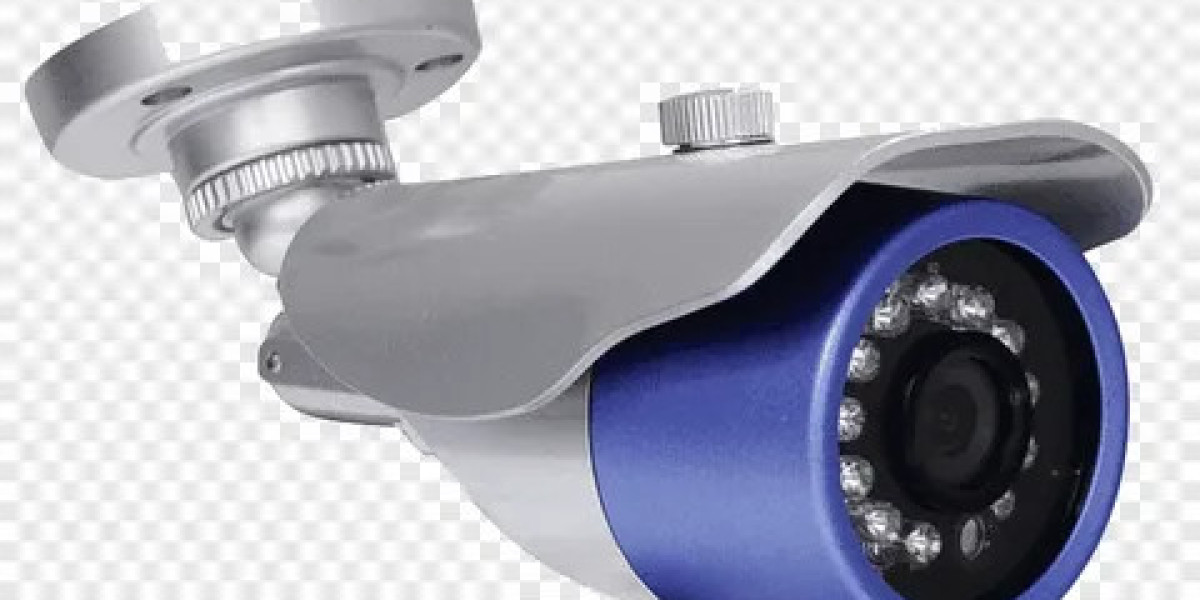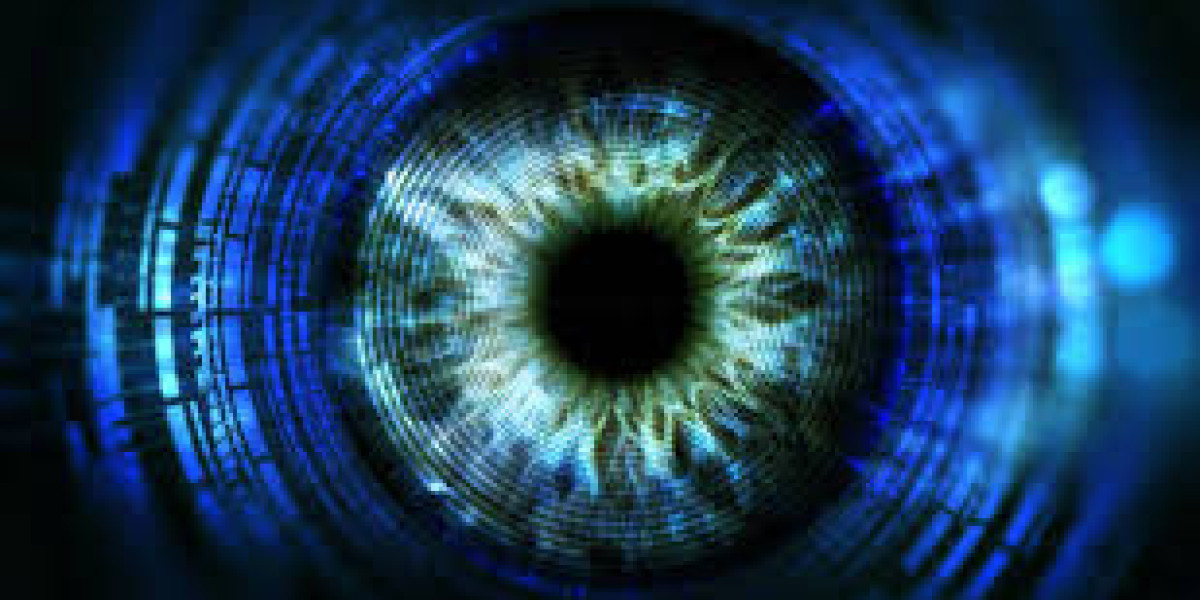CCTV systems have become essential tools for ensuring the security of homes, businesses, and public spaces. While these systems are designed to provide consistent surveillance, like any other technological infrastructure, they require periodic maintenance to ensure they continue to function properly. Understanding how often CCTV systems should undergo maintenance checks is key to keeping them in top working condition and minimizing the risk of failures or security breaches. For expert maintenance and dependable service, trust the Best Security Company to keep your surveillance system secure and reliable.
The Importance of Regular CCTV Maintenance
CCTV systems are a significant investment, and ensuring their longevity and optimal performance requires ongoing attention. Regular maintenance checks help ensure that all components of the system, including cameras, wiring, storage devices, and software, are functioning properly. By performing routine inspections and maintenance, potential issues can be detected early, preventing costly repairs and system downtime.
A well-maintained CCTV system provides reliable surveillance, enhances security, and minimizes the risk of malfunction when needed the most. However, determining the ideal frequency for these checks depends on various factors, including the type of system, usage, and environmental conditions.
Factors That Influence CCTV Maintenance Frequency
The frequency of maintenance checks for CCTV systems depends on several factors, all of which can affect the performance and lifespan of the equipment. Understanding these factors can help determine how often inspections should take place to keep the system functioning optimally.
The Type of CCTV System
Different CCTV systems have varying needs when it comes to maintenance. For example, a high-end, professional-grade CCTV system used in a corporate environment may require more frequent checks due to the complexity of the setup and the critical nature of the surveillance footage. On the other hand, a simple home CCTV system might need less frequent checks, but regular maintenance is still recommended.
Environmental Factors
The environment in which the CCTV system operates plays a crucial role in determining maintenance frequency. Outdoor cameras, for instance, are exposed to harsher conditions such as rain, dust, and temperature fluctuations. These environmental factors can cause wear and tear on the system, requiring more frequent maintenance to ensure the cameras remain functional and clear.
Indoor CCTV cameras, while not exposed to such harsh conditions, still require regular checks to maintain their performance. Factors like humidity, dust accumulation, and temperature changes can impact their functionality as well.
System Usage and Demand
The frequency of maintenance checks also depends on the level of use and demand placed on the CCTV system. High-traffic areas that are under constant surveillance or critical security zones require more frequent monitoring. Systems that operate 24/7 will naturally require more upkeep compared to those that are used intermittently or only for specific purposes. In high-demand settings, more frequent inspections can help address potential issues before they escalate.
Age of the CCTV System
Older CCTV systems typically require more frequent maintenance checks compared to newer ones. As technology advances, newer systems tend to be more reliable and efficient, while older systems may experience more frequent failures or malfunctions. Regular checks for older systems help address these potential issues early, extending the lifespan of the equipment and ensuring the system remains operational.
Recommended Frequency for CCTV Maintenance Checks
While the specific needs of each CCTV system can vary, general guidelines can help determine how often to conduct maintenance checks.
For Residential CCTV Systems
For residential CCTV systems, annual maintenance checks are typically sufficient to ensure the system remains in good working condition. During these checks, technicians will inspect the cameras, wiring, and storage devices, ensuring everything is functioning properly. Homeowners may also choose to perform basic maintenance tasks themselves, such as cleaning the lenses and checking for physical damage.
However, if the system experiences any issues, such as blurry footage, poor connectivity, or storage problems, a maintenance check should be conducted immediately to avoid further damage.
For Commercial CCTV Systems
Commercial CCTV systems, particularly those in high-traffic areas or businesses with higher security needs, may require more frequent checks. A semi-annual maintenance schedule is typically recommended for commercial systems. These systems often consist of multiple cameras, storage devices, and integration with other security systems, which means that they are more likely to experience problems that need addressing.
In addition to regular checks, businesses should have the system inspected immediately if any issues arise, such as a camera not functioning or footage becoming unclear. Depending on the critical nature of the surveillance, more frequent inspections, such as quarterly checks, may be necessary to ensure the system’s reliability.
For High-Usage or Outdoor CCTV Systems
CCTV systems placed in outdoor environments or used in high-demand settings may require more frequent inspections due to environmental factors and continuous use. These systems should undergo maintenance checks at least every three months.
Outdoor CCTV cameras are susceptible to damage from weather, dirt, and wildlife, and these systems should be checked regularly to ensure that cameras are not obstructed and are operating at their peak efficiency. Additionally, environmental factors can affect the wiring and storage components, which are vital for data retrieval and security.
Signs That CCTV Systems Require Maintenance
While regular maintenance checks are crucial, certain signs may indicate that a CCTV system needs immediate attention. Recognizing these signs early can help prevent long-term damage and ensure continuous security.
Poor Image Quality
If the images captured by your CCTV cameras appear blurry or distorted, it may be time for a maintenance check. This could be caused by dirt or moisture on the lens, a misaligned camera, or faulty internal components.
Camera Not Operating
If a camera is not functioning or has intermittent power issues, it could indicate a problem with the wiring, power supply, or the camera itself. Ignoring this could lead to gaps in surveillance coverage.
System Connectivity Problems
If the CCTV system experiences regular connectivity issues or poor network performance, it may be time to inspect the cables, network infrastructure, or software integration. These problems can impact video streaming and data storage, reducing the system's effectiveness.
Data Storage Issues
Problems with data storage, such as a full hard drive or failure to save footage, are clear signs that maintenance is needed. Regular checks of the storage system ensure that data is being recorded and saved correctly.
The Benefits of Regular CCTV Maintenance Checks
Regular maintenance checks offer several key benefits, ensuring that the system is always functioning at its best. These benefits include:
Improved System Longevity: Proper maintenance helps extend the lifespan of CCTV cameras and related equipment by addressing issues before they cause significant damage.
Reduced Repair Costs: By identifying and fixing small problems early, routine maintenance prevents larger, more expensive repairs from being necessary down the line.
Consistent Security: A well-maintained CCTV system provides reliable and consistent security coverage, ensuring that surveillance footage is always available when needed.
Compliance with Security Standards: Regular inspections ensure that the system complies with legal and regulatory requirements for surveillance, especially in commercial settings.
Conclusion
The frequency of CCTV camera maintenance checks varies depending on factors such as the type of system, usage, environmental conditions, and age of the equipment. However, general guidelines suggest that residential systems should be inspected annually, commercial systems every six months, and outdoor or high-demand systems at least quarterly.
Regular maintenance checks are essential for keeping CCTV systems in optimal condition, ensuring they perform reliably, extend the life of the equipment, and provide consistent security coverage. Ignoring maintenance can lead to system malfunctions, security gaps, and expensive repairs, making proactive upkeep a crucial part of any security strategy.









